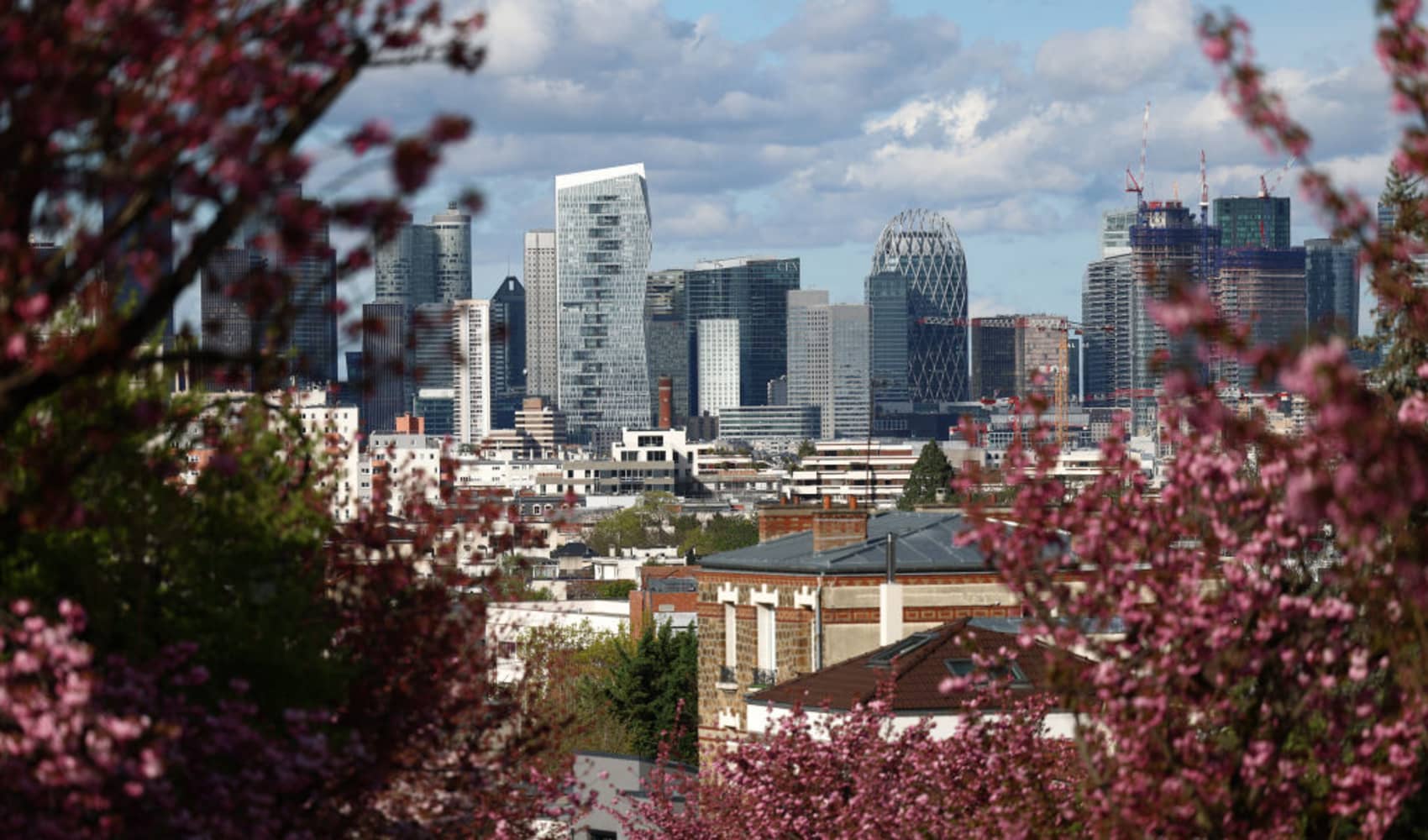
If you're still leaving bigger tips for waiters and other service workers than you did before the Covid-19 pandemic, you're now in the minority.
In most cases, Americans now say they're tipping less regularly than they did earlier in the pandemic, and less often than in 2019 before the pandemic started. That's according to data published Monday by personal finance website CreditCards.com, which polled 2,610 U.S. adults on their tipping habits last month.
The percentage of those polled who said they always tip at a sit-down restaurant is now 73% — down from 77% in 2019. Similarly, 57% of respondents said they always tip their delivery person, down from 63% in 2019. And only 43% say they always tip their taxi or rideshare drivers, down from 49% in 2019.
Those declines especially stand out in contrast to mid-2020, when most Americans said they were inclined to reward the service workers – like waiters, food delivery workers and taxi or Uber drivers – many of whom lost wages at the height of the pandemic and facing a higher risk of exposure to the coronavirus because of the nature of their jobs.
We're making it easier for you to find stories that matter with our new newsletter — The 4Front. Sign up here and get news that is important for you to your inbox.
But Americans' plans to become more generous tippers may now be viewed as a case of the "best-laid plans" not coming to fruition, says Ted Rossman, a senior industry analyst at financial services company Bankrate, which owns CreditCard.com. "Sometimes, what people say and what they do is different."
Rossman identifies rising inflation as "something that is cutting into people's purchasing power and, maybe, leading them to tip less." With living costs surging across the U.S., people could be more inclined to spend less. And when restaurants raise prices to compensate for supply chain difficulties, consumers could try to lower those costs by tipping less, Rossman says.
Money Report
The country's ongoing labor shortages could also play a role — short-staffed businesses often face steep challenges to providing quality service — though Rossman chalks that theory up as "more hypothesis."
A potential economic recession within the next year could additionally drain Americans' tipping practices, but Rossman notes that there's still plenty of pent-up demand for travel and dining out after years of the pandemic putting people's plans on hold. And if people are willing to spend on food and entertainment through a recession, service workers will still likely get tipped in the process, he says.
Interestingly, according to CreditCard.com's findings, one specific group of service workers is actually getting tipped more now than in 2019: hairstylists and barbers. Rossman suggests it might be due to people's familiarity with their hairstylists and barbers — a rapport that's less often developed with waiters, delivery people and other service workers.
The findings also surfaced a few notable tipping habits of Gen Z, which will soon become the world's most populous generation. On average, only 52% of Gen Z respondents said they always tip at sit-down restaurants. But the ones who tip do so heavily, at an average rate of 26% of their bill — significantly higher than the report's median percentage of 20%.
Rossman says Gen Z respondents are the most likely age group to tip better after receiving a tipping suggestion from an establishment, like a digital prompt to choose a tipping percentage on a checkout screen.
That could help explain the generation's boom-or-bust approach to tipping: "There is this sort of implicit societal pressure there," Rossman says.
Sign up now: Get smarter about your money and career with our weekly newsletter
Don't miss:






